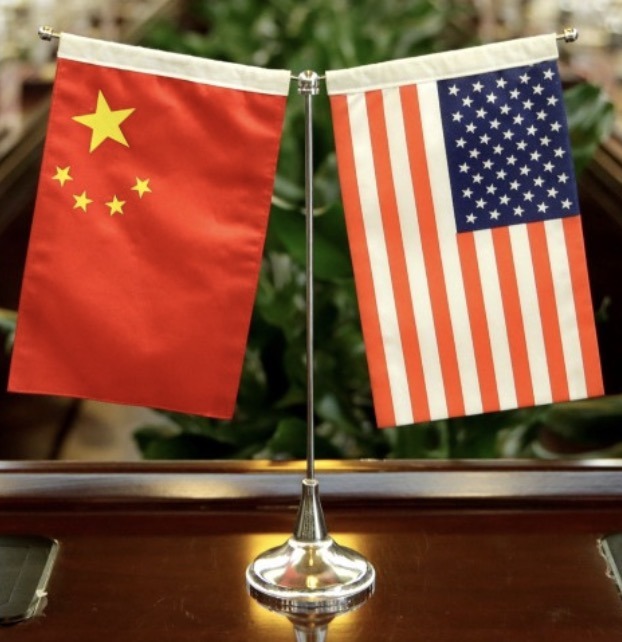
As President Trump has said many times, we rebuilt China over the past 25 years. No truer words were spoken, but those days are over.
The United States now recognizes China as a strategic and economic rival.
– Vice President Mike Pence during a speech last week at the Woodrow Wilson International Center for Scholars
The truth is that China is a strategic competitor at best that uses coercion and corruption as its tools of statecraft. (Applause.)
We’ve reconvened “the Quad” – the security talks between Japan, Australia, India and the Untied States that had been dormant for nine years. This will prove very important in the efforts ahead, ensuring that China retains only its proper place in the world.
– Secretary of State Mike Pompeo in a speech last week to the Heritage Foundation
I don’t take the U.S.-China trade war seriously, because I don’t expect a transformative deal to come of it. Specifically, I see the current trade charade as little more than a warmup to a far more serious, unpredictable and dangerous conflict between the U.S. and China in the years ahead.
Last December, in a piece titled Is U.S. Geopolitical Strategy Experiencing a Monumental Shift?, I explained how the U.S. was repositioning its foreign policy to focus on China, and how this would set off a long-lasting and enormously consequential feud between the dominant empire and the emerging power. The post concluded with the following thought:
Donate bitcoins: 35DBUbbAQHTqbDaAc5mAaN6BqwA2AxuE7G
Follow me on Twitter.



